Saturday,
Jan 10
Trier
2°
Sunday,
Jan 11
Trier
-7°
Monday,
Jan 12
Trier
1°
Tuesday,
Jan 13
Trier
4°
Wednesday,
Jan 14
Trier
7°
Thursday,
Jan 15
Trier
4°
MORE IMPORTANT INFORMATION ABOUT YOUR TRAVEL TO Trier
The Train station is located at the center of Trier
Trier ( TREER, German: [tʁiːɐ̯]; Luxembourgish: Tréier pronounced [ˈtʀəɪ̯ɐ]), formerly known in English as Treves ( TREV; French: Trèves [tʁɛv]) and Triers (see also names in other languages), is a city on the banks of the Moselle in Germany. It lies in a valley between low vine-covered hills of red sandstone in the west of the state of Rhineland-Palatinate, near the border with Luxembourg and within the important Moselle wine region. Karl Marx, philosopher and founder of the theory that would become known as Marxism, was born in the city in 1818. Founded by the Celts in the late 4th century BC as Treuorum and conquered 300 years later by the Romans, who renamed it Augusta Treverorum ("The City of Augustus among the Treveri"), Trier has a good title for being considered Germany's oldest city. It is also the oldest seat north of the Alps of a bishop. In the Middle Ages, the archbishop-elector of Trier was an important prince of the Church who controlled land from the French border to the Rhine.
Source:
WikipediaADDITIONAL INFORMATION ABOUT Luxembourg
The Train station is located at the center of Luxembourg
Luxembourg ( LUK-səm-burg; Luxembourgish: Lëtzebuerg [ˈlətsəbuə̯ɕ]; French: Luxembourg; German: Luxemburg), officially the Grand Duchy of Luxembourg, is a landlocked country in western Europe. It is bordered by Belgium to the west and north, Germany to the east, and France to the south. Its capital, Luxembourg City, is one of the four official capitals of the European Union (together with Brussels, Frankfurt, and Strasbourg) and the seat of the European Court of Justice, the highest judicial authority in the EU. Its culture, people, and languages are highly intertwined with its neighbours, making it essentially a mixture of French and German cultures, as evident by the nation's three official languages: French, German, and the national language of Luxembourgish. The repeated invasions by Germany, especially in World War II, resulted in the country's strong will for mediation between France and Germany and, among other things, led to the foundation of the European Union.With an area of 2,586 square kilometres (998 sq mi), it is one of the smallest sovereign states in Europe.
Source:
WikipediaImages of the trains for your trip


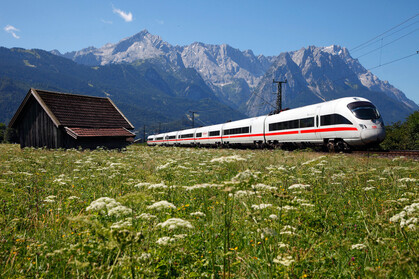

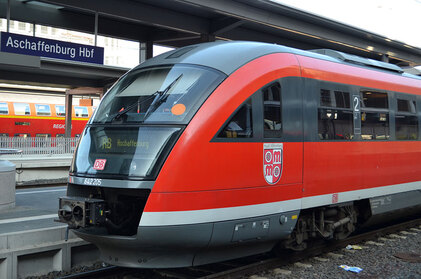







Where Can You Travel With Us?
TAKE A LOOK AT OUR MAP
France
Italy
Netherlands
Luxembourg
Austria
Germany
Belgium
Switzerland
Denmark
Sweden
Norway
Hungary
Czech
Ukraine
China
Active
France, Italy, Netherlands, Luxembourg, Austria, Germany, Belgium, Switzerland, Denmark, Sweden, Norway, Hungary, Czech, Ukraine, China
Upcoming
USA, Canada, Spain, Poland, Japan
Other Train Trips From Luxembourg

Luxembourg to Schifflange

Luxembourg to Drauffelt

Luxembourg to Bertrange Strassen
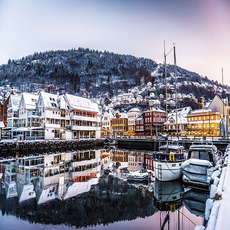
Luxembourg to Mersch
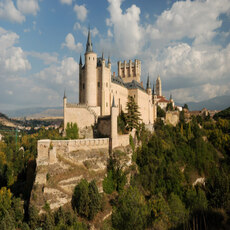
Luxembourg to Dudelange Ville
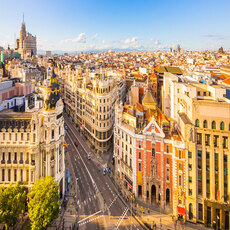
Luxembourg to Bettembourg

Luxembourg to Manternach

Luxembourg to Capellen

Luxembourg to Troisvierges

Luxembourg to Mertert

Luxembourg to Mamer Lycee

Luxembourg to Belvaux Soleuvre

Luxembourg to Rodange

Luxembourg to Oetrange
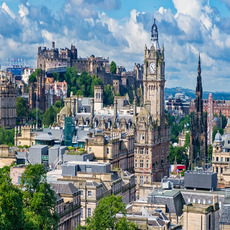
Luxembourg to Dudelange

Luxembourg to Leudelange

Luxembourg to Niederkorn
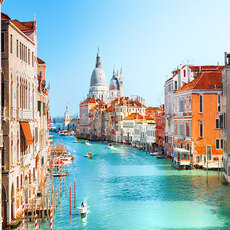
Luxembourg to Belval Redange

Luxembourg to Hollerich

Luxembourg to Differdange
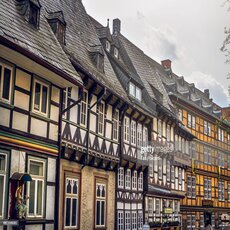
Luxembourg to Berchem Lux

Luxembourg to Roodt

Luxembourg to Sandweiler Contern

Luxembourg to Maulusmuhle
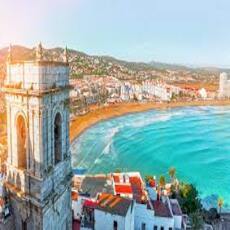
Luxembourg to Howald

Luxembourg to Clervaux
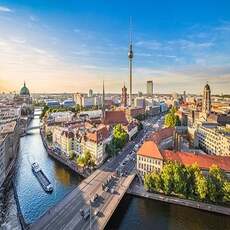
Luxembourg to Michelau
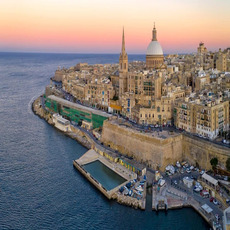
Luxembourg to Dudelange Usines

Luxembourg to Walferdange
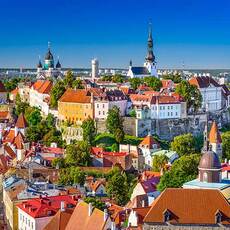
Luxembourg to Kleinbettingen
WHY YOU SHOULD TRAVEL BY TRAIN?
To travel from Luxembourg To Trier, trains would be the best travel choice, for several reasons:
1
Eco-Friendly
Trains are the most environmentally-friendly way of transport to the EU Environment Agency. They are powered by electricity, which is renewable and has a low environmental impact.
2
Speed
Travelling by train is in most cases the fastest way to go from Rome to Milan. Trains usually travel at high speeds, making them the fastest way to get from one place to another.
3
Safety
Travelling by train is one of the safest forms of transport. Trains are heavily regulated and monitored, making them safer than other forms of transport.
4
Price
Travelling by train is often cheaper than other forms of transport, such as flying or taking a bus. Trains are often subsidized by the government, making them cheaper than other forms of transport.
5
Luggage
Travelling by train is a great way to transport luggage. Trains usually have plenty of space for luggage and they are usually safe and secure.
6
Luggage
Travelling by train is often faster than other forms of transport, such as driving or taking a bus. Trains usually travel at high speeds, making them the fastest way to get from one place to another.
7
Comfortability
Travelling by train is usually very comfortable. Trains usually have comfortable seating and plenty of legroom, making them a great way to travel.
8
Comfortability
Travelling by train is a great way to get some sleep. Trains usually have comfortable seats and plenty of legroom, making them a great way to get some rest while travelling.
9
WIFI
This is not necessarily the most important when you travel since we prefer to tell you to enjoy your travel without your phones, but on trains, you can find WIFI onboard, so you remain connected to the internet if you choose to.
THESE ARE THE TRAIN OPERATORS WE WORK WITH




















